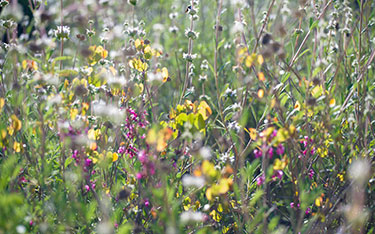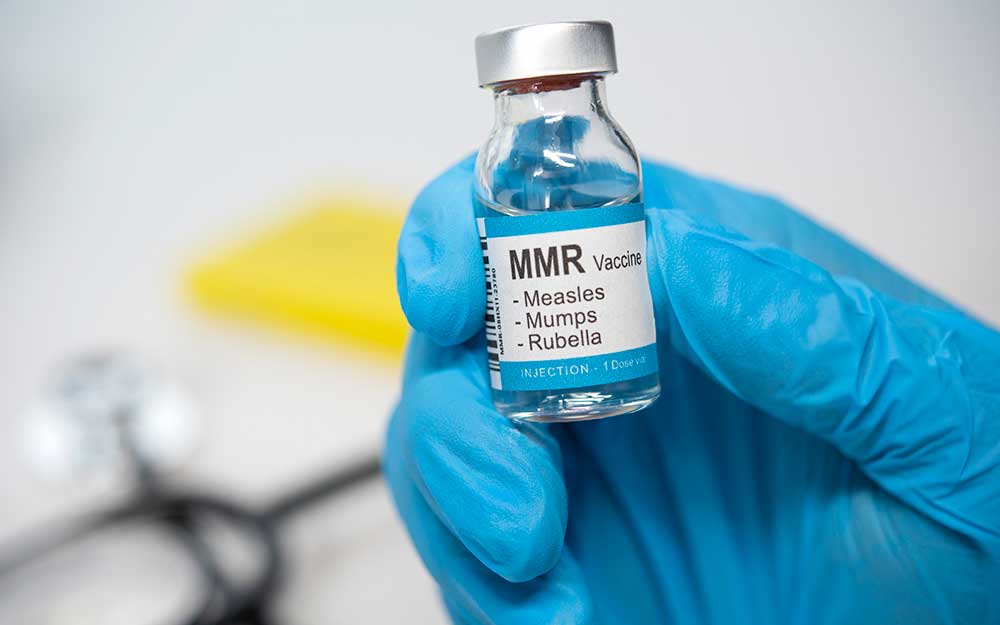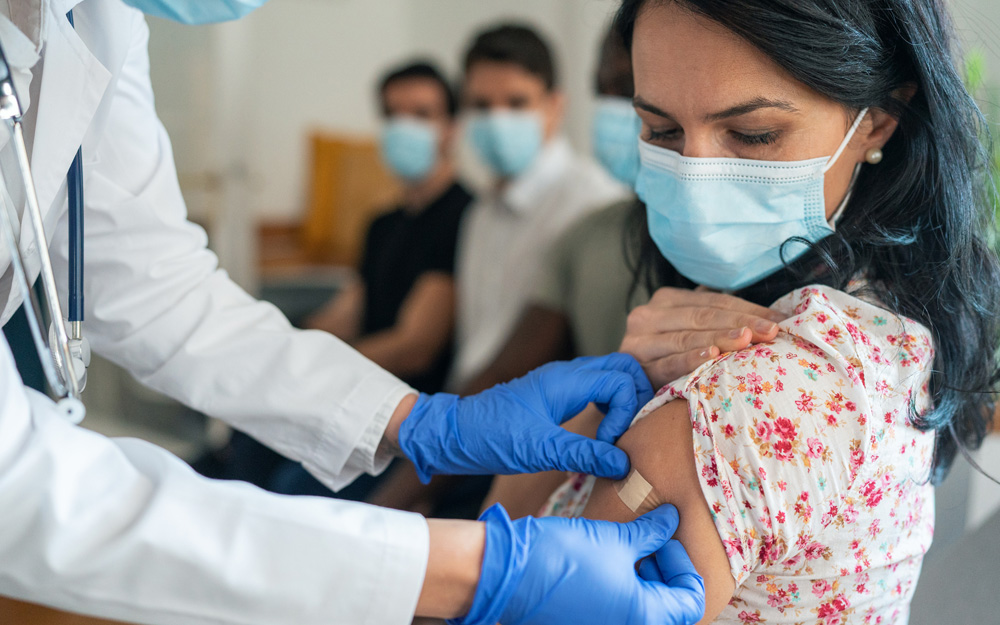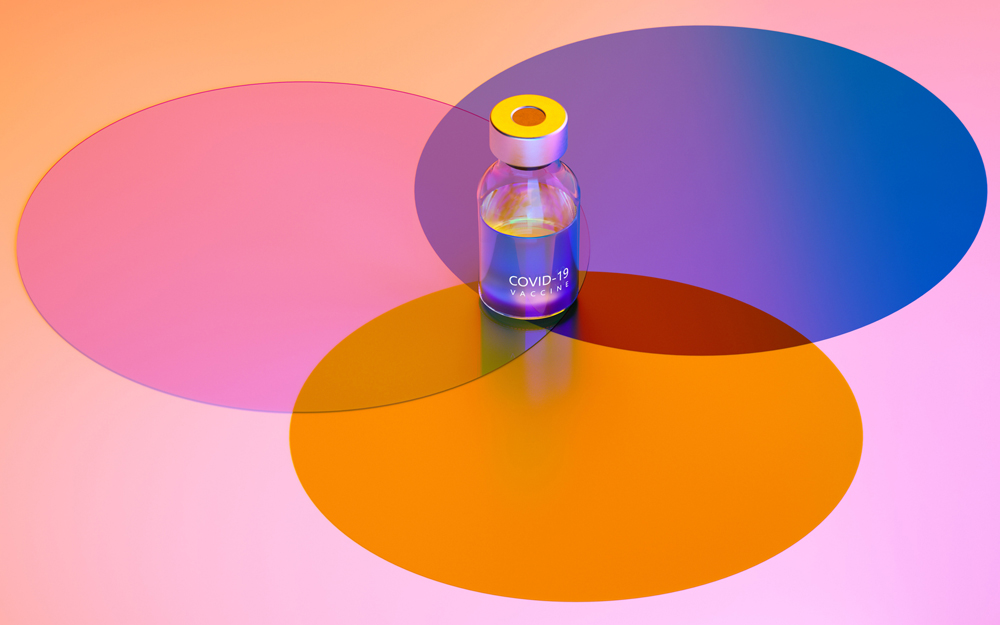Cedars-Sinai Health Forecast: Stay Healthy as Beach Weather Beckons
Date
May 14, 2025

Date
May 14, 2025
Credits
Medical providers featured in this article
In Brief
{{cta-block}}
The Cedars-Sinai Health Forecast is here to help you navigate the illnesses and other health challenges circulating in our community this spring and summer. Medical experts from across our institution weigh in on what to watch out for as we enter our sunniest seasons—and how to avoid getting sick in the first place.
If you’re participating in outdoor activities in places where you know mosquitos are a problem, use bug repellant, wear protective clothing and eliminate standing water, where possible."
— Dr. Jonathan Grein
Allergens in the Air
As trees and flowers bloom and local pollen counts start to rise, more and more of us succumb to seasonal allergies. Christopher Fitzgerald, MD, an internist at Cedars-Sinai, recommends having a targeted plan for prevention.
"People sometimes wait to treat their allergies or asthma until they end up with a sinus infection or need steroids," he said. "If you know you typically suffer from these conditions, be proactive and consult your primary care doctor, allergist or pulmonologist about steps you can take before the problem starts."
Symptoms: nasal congestion; sneezing; difficulty breathing; coughing; itchy, red and watery eyes
What you can do: Start taking a nasal spray and/or an antihistamine. Keep the windows shut and exercise indoors on high-pollen-count days, which you can track online or with your favorite digital assistant. Adding an air purifier to your home can also make a significant difference.
{{providers}}
Summer Sun and Fun
At the Beach
During spring and summer, the gorgeous weather beckons us to move our activities outside. The delights are too many to count—but there are also risks involved as we expose ourselves to the elements.
"The sun is not something you want to mess around with, and you don’t want to ruin a vacation by getting burned on the first day," said Nathaniel Spencer, MD, an emergency medicine doctor at Cedars-Sinai Marina del Rey Hospital. "As someone who spends a lot of time at the beach, I’ve also learned to be careful in the water."
Pro tips: Stay hydrated and protect yourself from the sun with a hat, sunglasses and sun-protective clothing such as a rash guard. Apply liberal amounts of reef-safe sunscreen with an SPF of 30 or higher. Shuffle your feet while walking in shallow ocean water to send vibrations that will scatter any stingrays away. If you do get stung, notify a lifeguard or soak your foot in hot water for 30-90 minutes to help deactivate the venom. Inspect the wound for debris or a barb, and control bleeding by applying pressure. Don’t hesitate to seek medical treatment if the wound or pain is severe.
On the Trail
"When it warms up, snakes start to come out, and I put my toxicologist hat on," said James Rhee, MD, also an emergency medicine doctor at Cedars-Sinai Marina del Rey Hospital. Snakes are less common on the coast, but hikers and people navigating brush or overgrown grass in inland areas should keep their eyes on the ground.
Survival strategies: Most snakes aren’t overly aggressive. They want to get out of your way just as much as you want to get out of theirs. However, if they are startled, it may trigger a response. Rhee noted the importance of dispelling common myths around envenomation due to snake bites.
"Do not cut open a snake bite and attempt to suck the venom out. It only makes things worse and can also predispose the bite to infection. Don’t put a tourniquet on because it can exacerbate tissue injury, and don’t try to burn the bite as a way to heal it," he said. "Your safest bet is to immobilize the affected area and get yourself to a hospital as quickly as possible."

In the Garden
Mosquitoes are a perennial summer nuisance, and they can cause more than just itchy, inflamed bites. The Centers for Disease Control and Prevention issued an advisory for dengue fever, which is spread by the Aedes aegypti mosquito. In Los Angeles County, locally acquired cases are on the rise. The Culex species of mosquito is a major transmitter of West Nile virus, which also typically sees an increase in infections among Southern Californians during the warmer months. Zika virus is another mosquito-driven illness, though to date all reported infections in Los Angeles County were acquired through travel outside the state.
Steps for prevention: "Mosquitos can be hard to avoid, but there are steps you can take to minimize exposure," said Jonathan Grein, MD, director of Hospital Epidemiology and infection control officer for Cedars-Sinai. "If you’re participating in outdoor activities in places where you know mosquitos are a problem, use bug repellant, wear protective clothing and eliminate standing water, where possible."
At the Park
Spring and summer are a terrific time to engage in recreational sports—from biking to blading to skateboarding. The seasonal increase in physical activity brings many health benefits, but it also accounts for a spike in serious, and sometimes avoidable, injuries.
Avoiding the ER: "Both kids and adults should develop safe practices for participation in sports,” said Sam Torbati, MD, co-chair of the Department of Emergency Medicine at Cedars-Sinai and the Levin/Gordon Chair in Emergency Medicine in honor of Joel M. Geiderman, MD. "Protective gear is important—especially helmets—and wearing wrist, elbow and knee guards can also be the difference between a disastrous fall and a safe landing."
From the Grill
Once Memorial Day hits, it’s off to the races for backyard barbecues—all too commonly accompanied by increased cases of foodborne illness. “Summer often sees an uptick in gastroenteritis, which—as anyone who has ever experienced food poisoning knows—is highly unpleasant,” said Joseph Sleiman, MD, a pediatrician at Cedars-Sinai Guerin Children’s. Fortunately, there are a number of basic safety precautions you can take so you can still enjoy the neighborhood potluck.
Hello to hygiene: "When it comes to avoiding gastro issues, food safety and hand hygiene are critical,” Sleiman said. “Keep meat refrigerated until cooking, and make sure your kids wash their hands after playing and before it’s time to eat."
Travel Time
A summer schedule slowdown—including no school and a more relaxed atmosphere at work—can be particularly conducive to planning personal travel. "Vacations are a wonderful way to relax, but they can also expose you to new environments and larger groups of people as you move through airports and other transportation hubs," said Sarah Allen, MD, a general internal medicine doctor at Cedars-Sinai. "Masking is one effective way to prevent the spread of respiratory droplets that cause illness."
Pre-travel checklist: Seeking out the right medical advice before your departure can help prepare you for the journey. "If you’re traveling internationally, see a travel specialist or an infectious diseases doctor who can help you understand the risks and what vaccinations or other preventive measures might be necessary," said Michael Ben-Aderet, MD, an infectious diseases specialist and associate medical director of Hospital Epidemiology at Cedars-Sinai. "Consulting a travel clinic in advance can make your trip so much safer—and, ultimately, so much more fun!"
Colds, Despite the Heat
With the sun in full force, it’s easy to imagine the cough, sore throat and runny nose of the common cold are as far away as December’s rain and snow. But enteroviruses can cause what’s known as the "summer flu," and they are also culprits in the spread of hand, foot and mouth disease. In addition, viruses more typically associated with cold weather—rhinovirus, respiratory syncytial virus (RSV) and SARS-CoV-2 (which causes COVID-19)—can linger throughout the year.
Tried and true: Protecting yourself against these summer "icks" requires a steady level of preventive vigilance. Regular hand washing, disinfecting frequently touched surfaces and wearing a mask, especially when around others who may be sick, are all reasonable safety measures you can take during any season.
Health Watchlist
Measles
“Measles outbreaks are up around the country, and cases are likely to continue rising for the foreseeable future,” said Grein. “Measles is incredibly infectious and spreads easily through the air, particularly for people who are not immune or who have not been vaccinated.” Babies usually receive the measles vaccine between 12-15 months of age, and a second dose is generally given when children are between 4-6 years old. A small number of adults may benefit from a vaccine booster. Learn more here about how to keep you and your family as healthy as possible.
Back to School
Even with summer in full swing, it’s not too early to schedule appointments with your family’s pediatricians to ensure your children are up to date with vaccines and have received health clearances for participation in athletic activities during the new school year.

.jpg)



